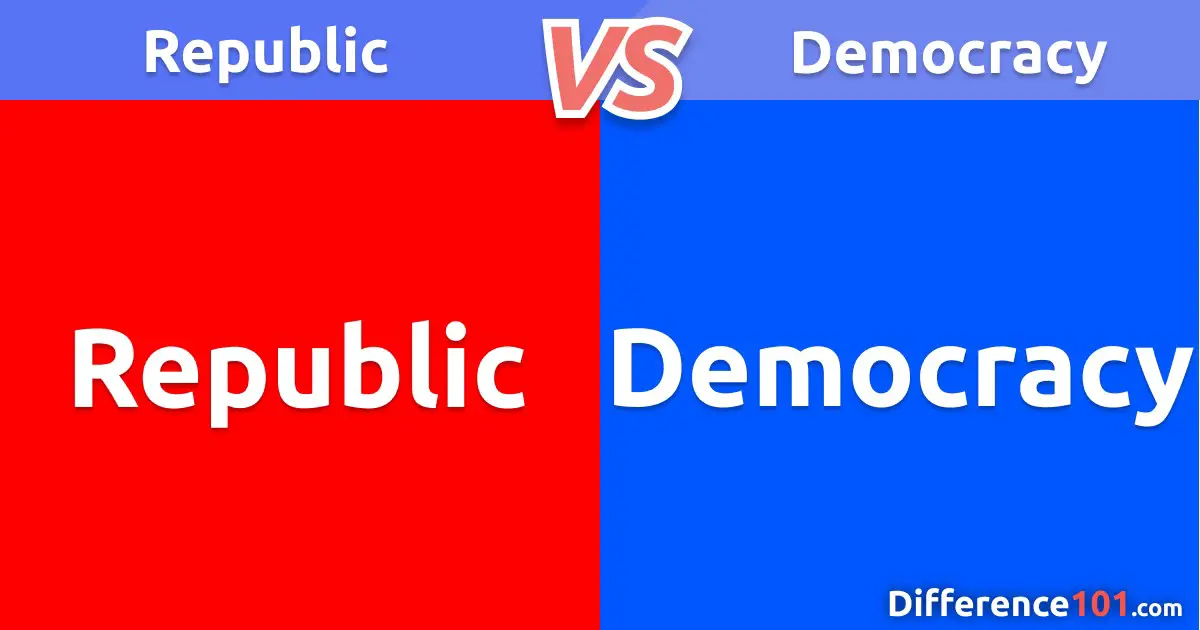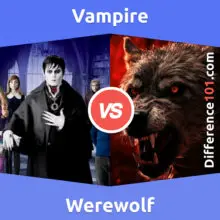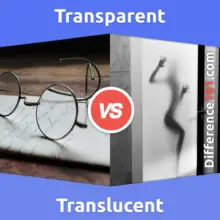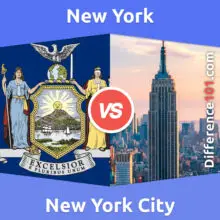Republic vs. Democracy: the biggest democracy and republic difference lies in the fact that the rights of the minority are protected in the republic form. While the chosen representatives make the laws in the republic form of government, the voting majority directly takes charge in the case of pure democracy.
Table of Contents
Looking at the definitions of republic and democracy for clarity
What is the Republic?
The Republic is a government system where power lies in the hands of public representatives.
What is Democracy?
Democracy is a government system where the public can choose its governing legislation based on the majority.
Listing the democracy vs. representative republic similarities for better interpretation
- Both Republic and Democracy facilitate a political system that lets citizens elect their representatives that in turn work for their best interests.
- Both Republic and Democracy discourage any distinction based on class, economically or politically.
- Both are free-market economies.
- Both offer freedom to practice any religion.
- Citizens have free choice and equal rights in both systems.
- Both types support free and fair elections.
Considering the pros and cons of republic and democracy for deeper knowledge
Pros of Republic
- If the laws seem unfair to the citizens, they can always change their leader, who can make better and accommodating laws.
- The government protects the interest of every citizen alike, irrespective of his belonging to the majority or minority section.
- The Constitution puts a sense of self-restraint on the leaders to prevent mob rule.
Cons of Republic
- There are a lot of debates, and constant deadlocks as decisions cannot be taken with majority votes.
- A lot of time gets wasted in legislation as it must benefit not just the majority but also everyone from the minority faction.
Pros of Democracy
- Democracy is favored for its ability to decentralize power by putting the public in charge of running the government.
- Democracy promotes equality by vouching for fair justice for one and all.
- There is a greater degree of freedom in trading, practicing religion, and following traditions.
Cons of Democracy
- Democracy has been known to encourage mob rule where the minority is always under fear of being exploited by the majority.
- With a hunger for more power, democracy is infamous for making leaders corrupt.
- With too many people voicing their opinions, decision-making is a lengthy and cumbersome process.
Is the US a Democracy or a Republic?
The US is neither a pure democracy nor a republic. It can be called a democratic republic, where some of the principles were adopted from democracy and others from the republic. It is a democracy since the people of the US hold the ultimate political power. It is a republic since the elected representatives of the people exercise the political power on their behalf. The government system of the US can also be called ‘flawed democracy’ since protecting the interests of the minority from the majority’s free will is the very core of its political system.
Why did James Madison prefer a republic to a democracy?
James Madison, 4th U.S. President, preferred a republic form of government to democracy since he believed in the idea of placing power in the hands of delegates instead of the public at large. According to Madison, the representatives can take actions in the best interests of the people they represent without any prejudice. Additionally, he was of the view that a larger republic would do away with the ‘vicious arts’ of electioneering.
What are the 3 types of democracy?
The three major types of democracies are:
Direct Democracy
Direct Democracy is a democracy where people directly participate in law-making.
Representative Democracy
Representative Democracy is when people elect their representatives who take part in law-making on their behalf.
Constitutional Democracy
Constitutional Democracy is when it puts a limit on the powers of the elected representatives to safeguard the interests of the minority along with the majority.
What is the republic form of government?
A republic form of government is the one where everything in the country, including herself, belongs to the public. Nothing belongs to the private or government entities. It is everything opposite of monarchy.
Who is in charge of direct democracy?
The citizens of the country are in charge of direct democracy.
Who is the father of democracy?
An ancient lawmaker from Athens, Greece, Cleisthenes is considered the father of democracy.
Is the US capitalist or democratic?
The US is neither pure capitalist nor democratic. It can be called a mixed economy that has picked the best features from both forms. That means it is capitalist when it comes to matters of economic freedom and democracy when it comes to public welfare.
Tabulating the difference between democracy and republic for better understanding
| Basis | Republic | Democracy |
|---|---|---|
| Origin of the word | The word republic is derived from the Latin phrase res publica, which translates to ‘the public thing’. | The word democracy has its origin in the Greek words: dēmos means ‘people’ and karatos means ‘rule’. |
| Origin of the system | It originated in Rome in around 500 BC. | It has its roots in Athens (Greece), dating back to 508 BC. |
| Legislation | The law-making power vests with the elected representatives. | The law-making power vests with the majority. |
| Binding on the government | There are bindings on the government as minority interests are fiercely protected. | There are no bindings on the government, and the majority is free to exercise its will on the minority. |
| Vesting of the power | The power vests with the individual citizens. | The power vests with the whole population. |
| Protection of the rights | The Constitution protects the rights of the minority. | The rights of the minority can be violated by the will of the majority. |
Comparison Chart
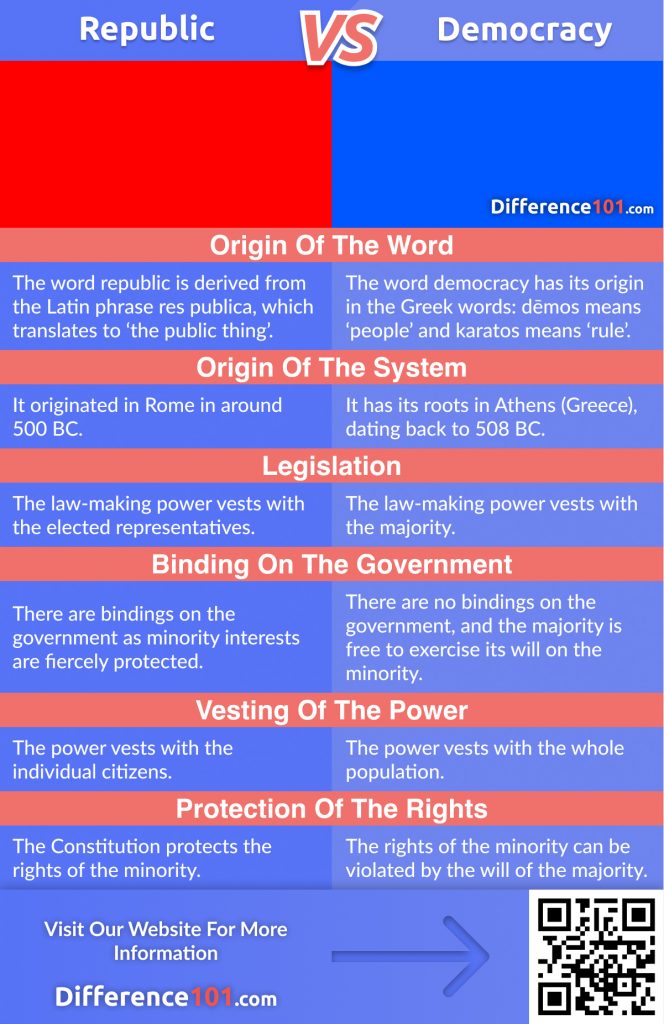
Comparison Video
Key Takeaways from the Republic vs. Democracy discussion
The power to govern lies in the hands of the people in both the government systems, whether democracy or republic. The biggest difference between the two systems is the involvement of the majority in lawmaking. Where the majority takes all the decisions in a democracy, the minority rights are kept protected in a republic.

